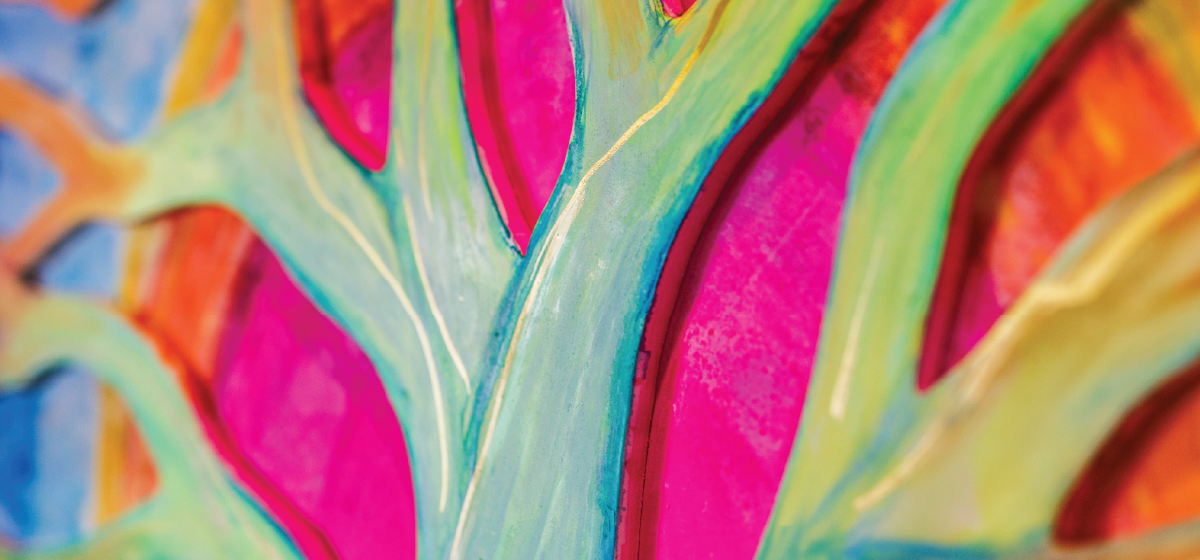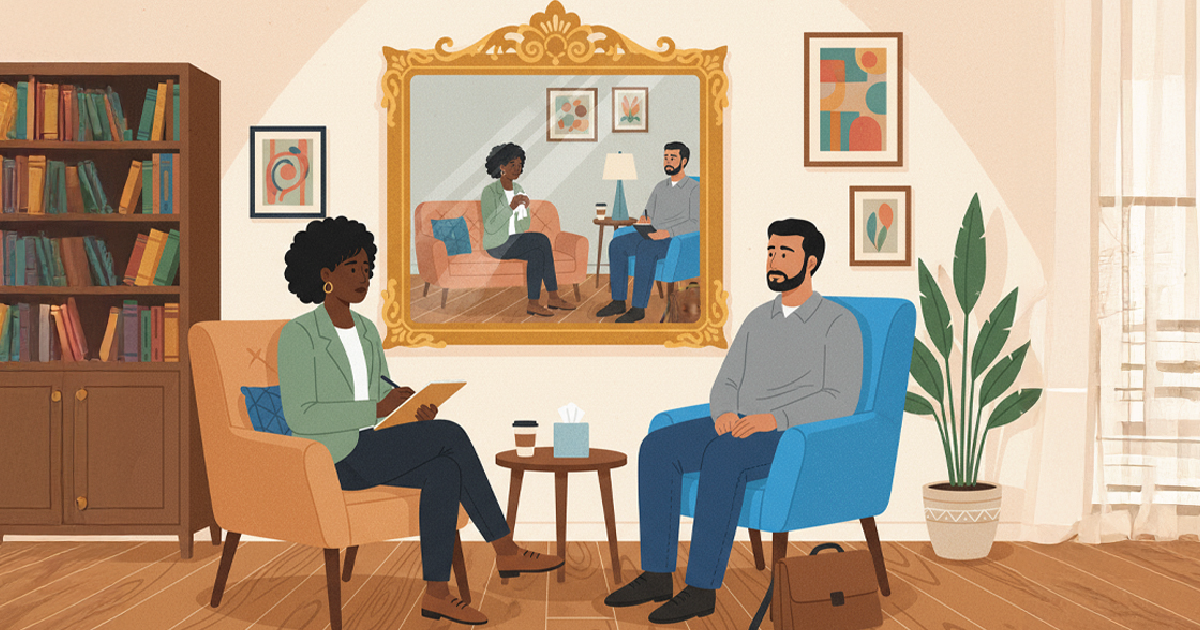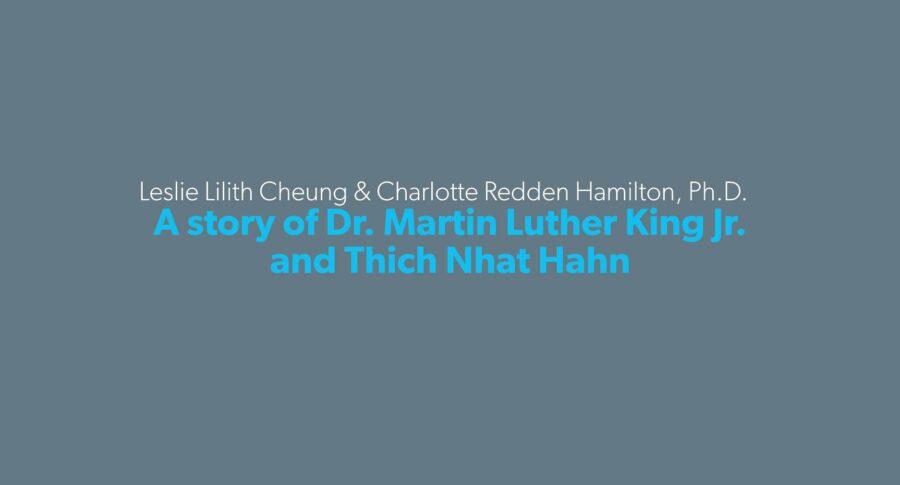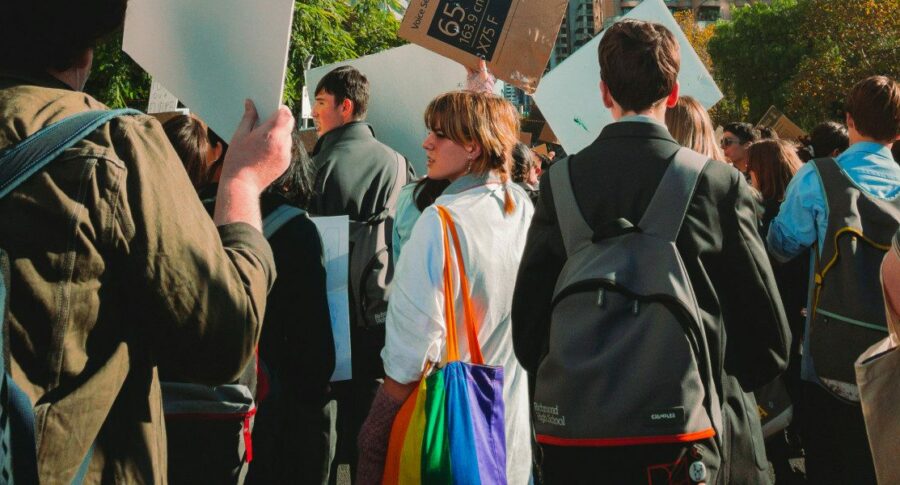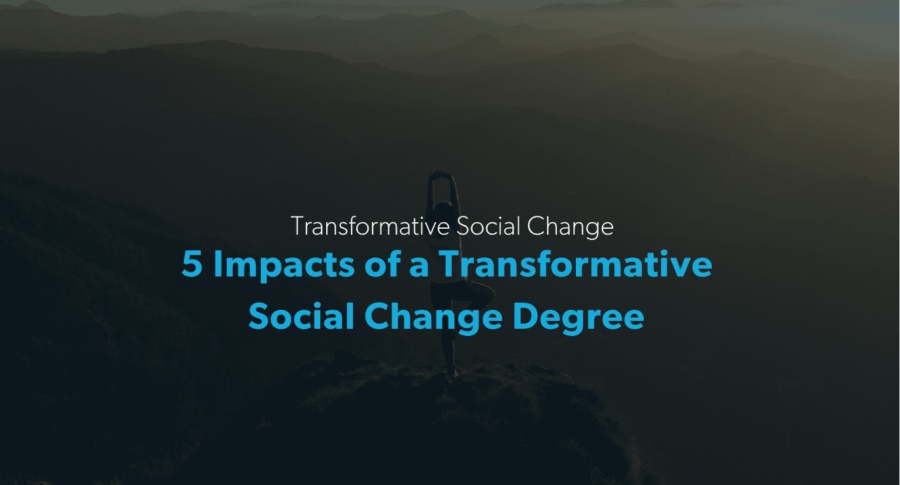In the heart of remembrance, January 22, 2022, holds a mirror to the legacy of Thich Nhat Hanh, a beacon of peace in troubled times. The Buddhist monk’s founding of the Plum Village monasteries worldwide isn’t just a tale of spiritual leadership; it’s a chapter in a broader narrative of compassion and cross-cultural dialogue, especially his relationship with Dr. Martin Luther King Jr. This alliance was born out of their mutual yearning for peace—a theme that, unfortunately, remains piercingly relevant in today’s tumultuous climate.
Their first meeting in May 1966 wasn’t coincidental but a confluence of shared ideals. They discussed the Vietnam War’s devastating impacts and how peace could be nurtured, both within the U.S. and globally. Dr. King, echoing the sentiments of many, expressed his disdain for the conflict and, recognizing a kindred spirit in Thich Nhat Hanh, nominated him for the Nobel Peace Prize. This gesture wasn’t just an acknowledgment of Thich Nhat Hanh’s peaceful pursuits but a bridge connecting two vastly different cultures through shared humanitarian values.
The essence of their relationship is perhaps best epitomized by their meeting in 1967 when Thich Nhat Hanh was running late. Dr. King, in a simple act of kindness, kept his breakfast warm. This narrative, while seemingly modest, reveals profound lessons about mental health, especially within the context of care and community. It underscores the importance of nurturing—in the physical sense with nutrition, housing, and medical care, but also in the emotional sphere, healing the trauma that underpins many mental health challenges.
History paints a vivid picture of the civil rights movement’s reliance on the unseen labor of Black women. They ensured that the movement’s heartbeats, its organizers, and activists, remained fed and focused. The narrative of the Black Panthers further expands this theme, emphasizing community care as a revolutionary act—a model that, while appropriated by the government with the USDA’s formation, started as a grassroots effort within the Black community. This reclamation of history serves not just as an educational tool but as a balm for the collective psyche, healing through the acknowledgment of past injustices.
The term “mutual aid” may have entered mainstream lexicon, but its roots are deeply embedded in Black communities’ resilient fight against systemic oppression. It represents a legacy of proactive solidarity and community-based self-help, developed in response to the enduring mental health crisis exacerbated by generational suffering. Dr. King’s actions, though seemingly small, resonated with a universal craving for dignity and basic human rights, transcending racial and cultural boundaries. His warmth toward Thich Nhat Hanh symbolizes the broader ethos of their mission—a universal brotherhood bound by love, action, and a relentless pursuit of justice.
As we absorb the lessons from Thich Nhat Hanh and Dr. King’s relationship, we’re reminded of the continuous struggle for equality and peace. Their story is a guidepost for contemporary activism, highlighting that the path to liberation is paved with acts of kindness, understanding, and relentless love. In a world often divided by differences, their legacy invites us to look beyond the surface, finding common ground in our shared humanity and the collective pursuit of a better world.
Find Out More
Recent Posts

